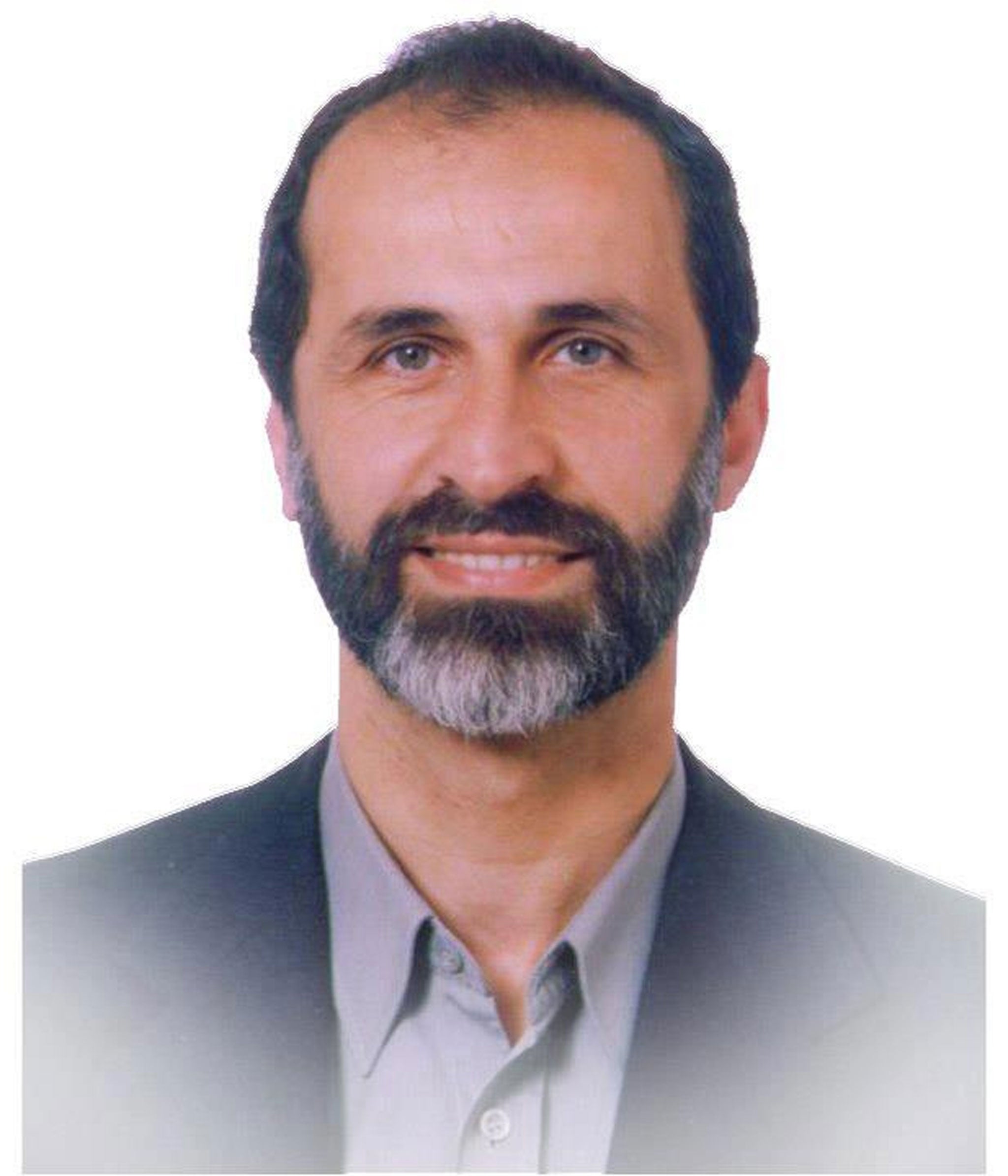Leader of Syrian opposition Mouaz al-Khatib resigns citing lack of support from international community

Your support helps us to tell the story
From reproductive rights to climate change to Big Tech, The Independent is on the ground when the story is developing. Whether it's investigating the financials of Elon Musk's pro-Trump PAC or producing our latest documentary, 'The A Word', which shines a light on the American women fighting for reproductive rights, we know how important it is to parse out the facts from the messaging.
At such a critical moment in US history, we need reporters on the ground. Your donation allows us to keep sending journalists to speak to both sides of the story.
The Independent is trusted by Americans across the entire political spectrum. And unlike many other quality news outlets, we choose not to lock Americans out of our reporting and analysis with paywalls. We believe quality journalism should be available to everyone, paid for by those who can afford it.
Your support makes all the difference.Mouaz al-Khatib, the leader of Syria’s opposition coalition, has resigned, citing a lack of support from the international community.
The respected preacher headed the Syrian National Coalition, which is seen as the most credible body among those trying to topple President Bashar al-Assad’s regime.
In a statement on his Facebook page, al-Khatib suggested that certain “red lines” had been crossed, saying the Syrian people had not been given the means to “defend themselves”.
“I am keeping my promise today and announcing my resignation from the National Coalition so that I can work with freedom that is not available inside the official institutions,” he said.
“All that has happened to the Syrian people – from destruction of infrastructure to the arrest of tens of thousands to the displacement of hundreds of thousands to other tragedies – is not enough for an international decision to allow the Syrian people to defend themselves.”
The Coalition was formed in November, and served as the opposition’s official means of communicating with other countries and co-ordinating the rebel forces.
But al-Khatib said many “international and regional parties” had tried to push the opposition towards dialogue with the regime when many of those fighting against Assad believe the regime is responsible for too many deaths to be part of any solution.
Some members of the Coalition have complained that Qatar – which offers substantial financial backing to the opposition – and the Muslim Brotherhood have too big a say in the body’s workings.
Al-Khatib’s spokesman confirmed the resignation in a phone call with The Associated Press.
US Secretary of State John Kerry said he was sorry to learn of the preacher’s resignation, but claimed that it won’t affect his country’s co-operation with the Coalition. He said the opposition is “bigger than one person and that opposition will continue”.
Prior to the Syrian National Coalition, the main umbrella organisation for the opposition was the Syrian National Council, whose former leader spoke out on hearing of al-Khatib’s announcement.
Burhan Ghalioun told Al Arabiya TV that while he and other Coalition members were surprised by the decision, world powers haven’t provided adequate aid and unnamed countries have interfered with the Coalition’s work.
Join our commenting forum
Join thought-provoking conversations, follow other Independent readers and see their replies
Comments